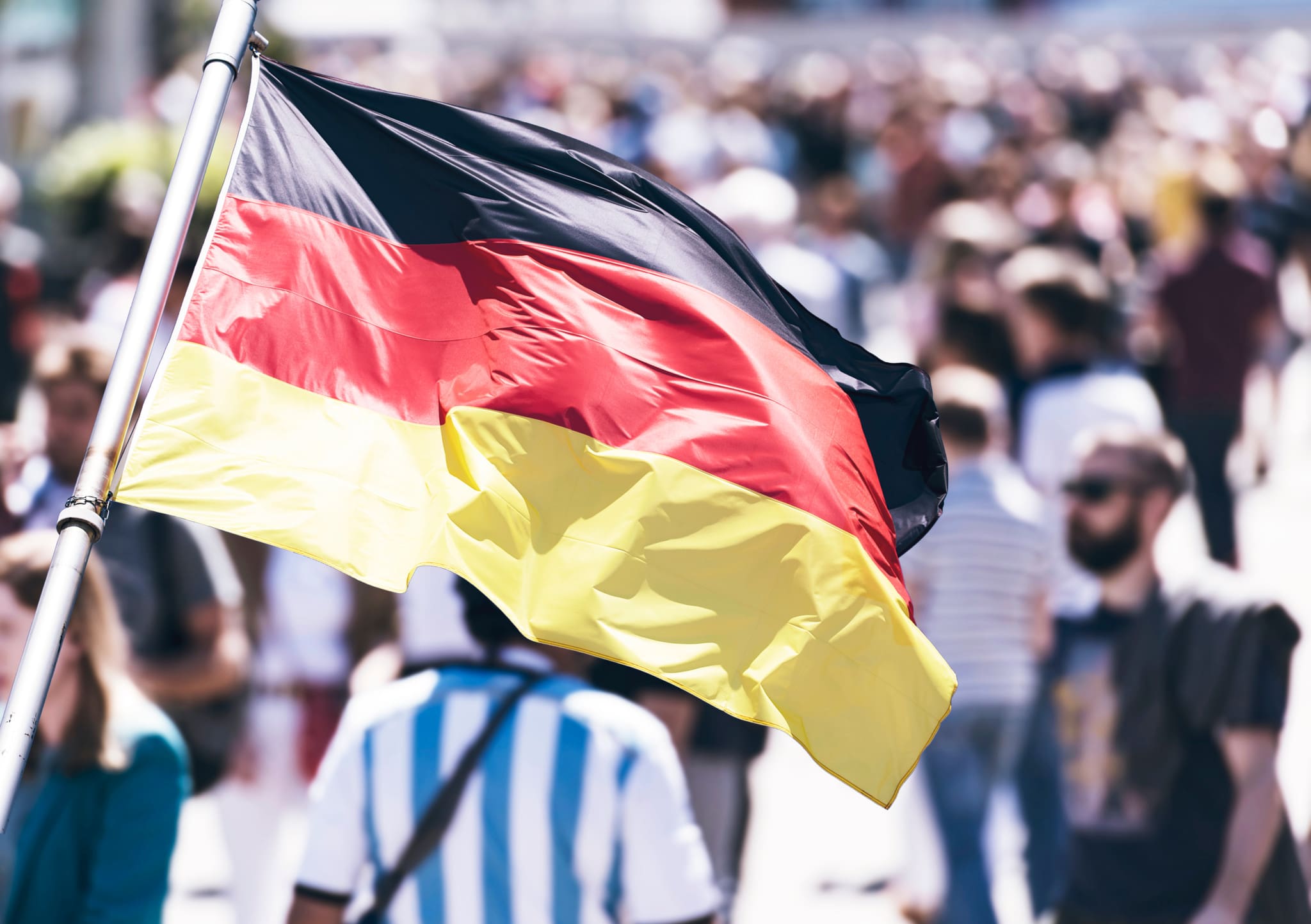Since the beginning of 2023, more than 100,000 asylum applications have been filed in Germany, an increase of 78 percent over the previous year. The massive influx is driving the growth of anti-immigration sentiment across Germany, as French news station Europe 1 reports.
Europe 1’s film crew visited the city of Kehl, close to the French border, where 1,200 asylum seekers currently live, a number that has doubled in just one year. There, locals are growing restless over yet another wave of migrants arriving in the city, which has strained social services and maxed out the building’s reception facilities.
However, one of the key points of contention is Germany’s growing real estate crisis.
[pp id=66839]
Irina, who has lived in Kehl for 40 years, helps refugees settle in the city, but says that it has caused serious problems.
“I realize that there is a lack of space. A two-room apartment now costs 900 euros per month, even the locals have trouble finding housing,” she lamented to Europe 1. To alleviate the housing shortage, Mayor Wolfram Britz has launched the construction of 50 housing units for refugees.
Pre-fabricated housing will allow gymnasiums, which are still occupied by Ukrainians, to be freed up.
“We have decided to temporarily install containers to calm tensions with the population, which can no longer play sports, neither at school nor in clubs,” says the mayor.
[pp id=75113]
The influx of refugees has caused rents to rise by 5 percent, as the country struggles to build new housing.
The station reports that the German government announced it would tighten controls on the influx of migrants into the country; however, critics say that such promises have been made in the past, notably during the 2016 migrant crisis. Yet, the migrant flow continues unabated. The situation has led all 16 German states to demand crisis measures be implemented to stem the flow of migrants.
Anger over the crisis runs deep. A majority of Germans in numerous polls indicate that the country must halt migrant intake. Europe 1 spoke to Alfonz, a former socialist voter. “The far right is what we had 70 years ago. No one wants it, but the current policy leaves us no choice,” he admits.
Alternative for Germany (AfD), which says it has nothing to do with the far right, has seen its share of the vote soar in the last year, rising to 17 percent, which is a five-year high and puts it ahead of the Green party in terms of voting intentions.






